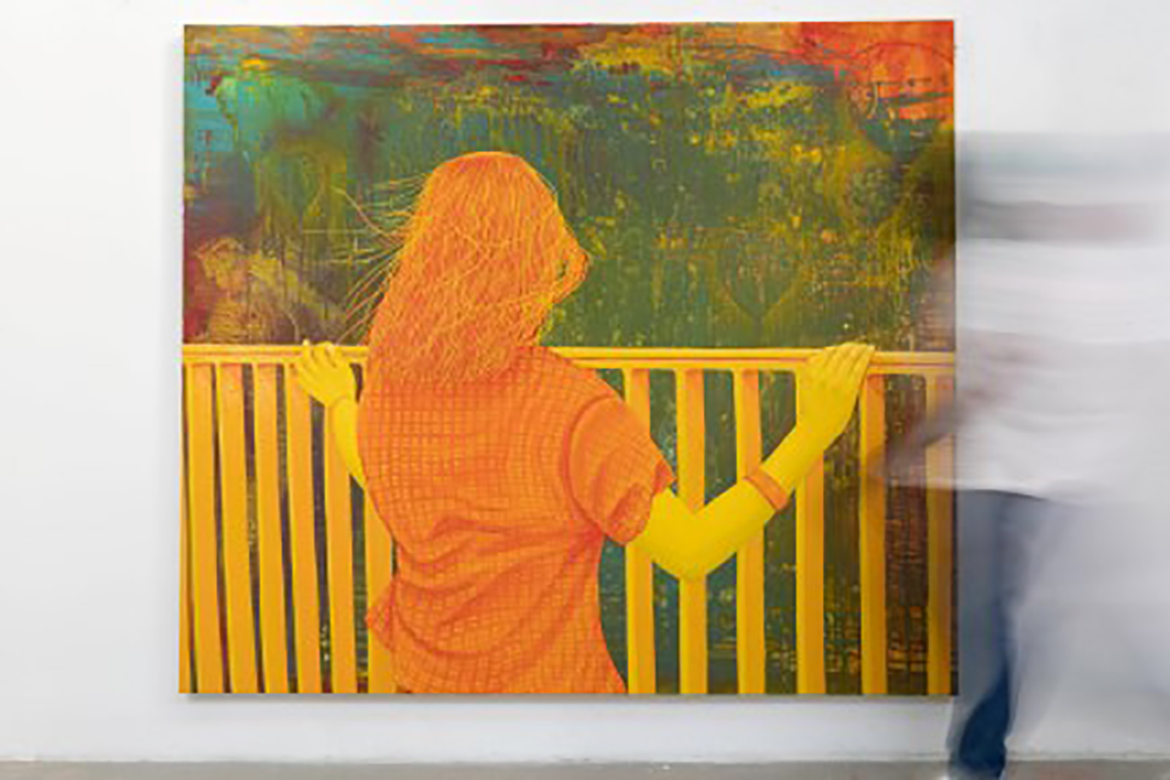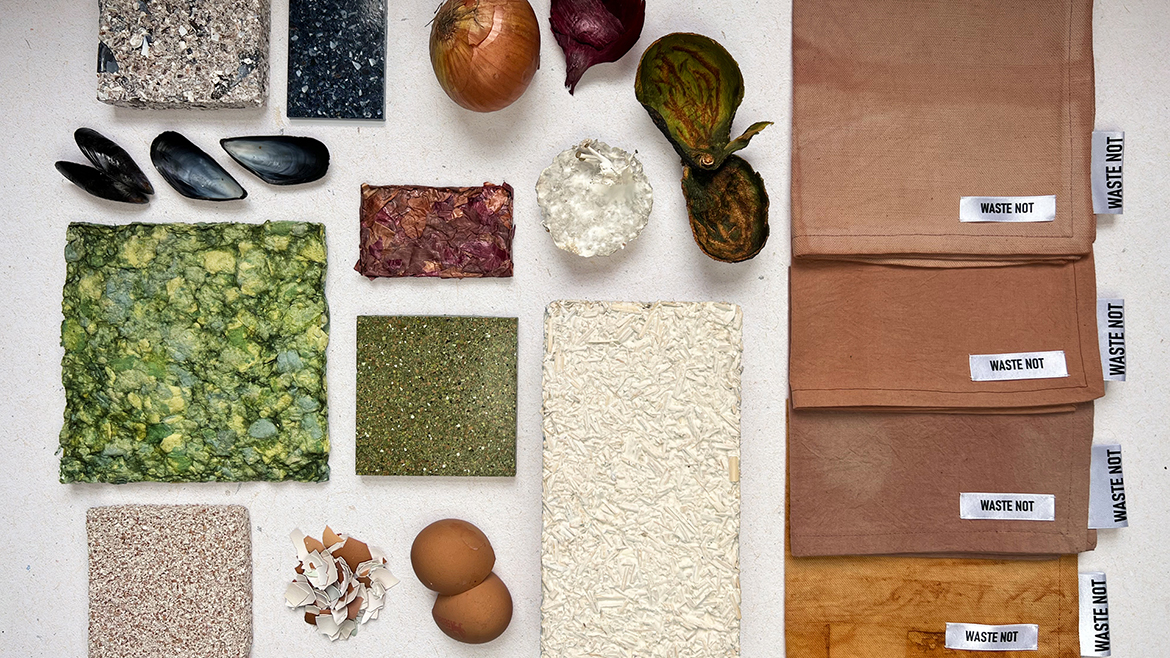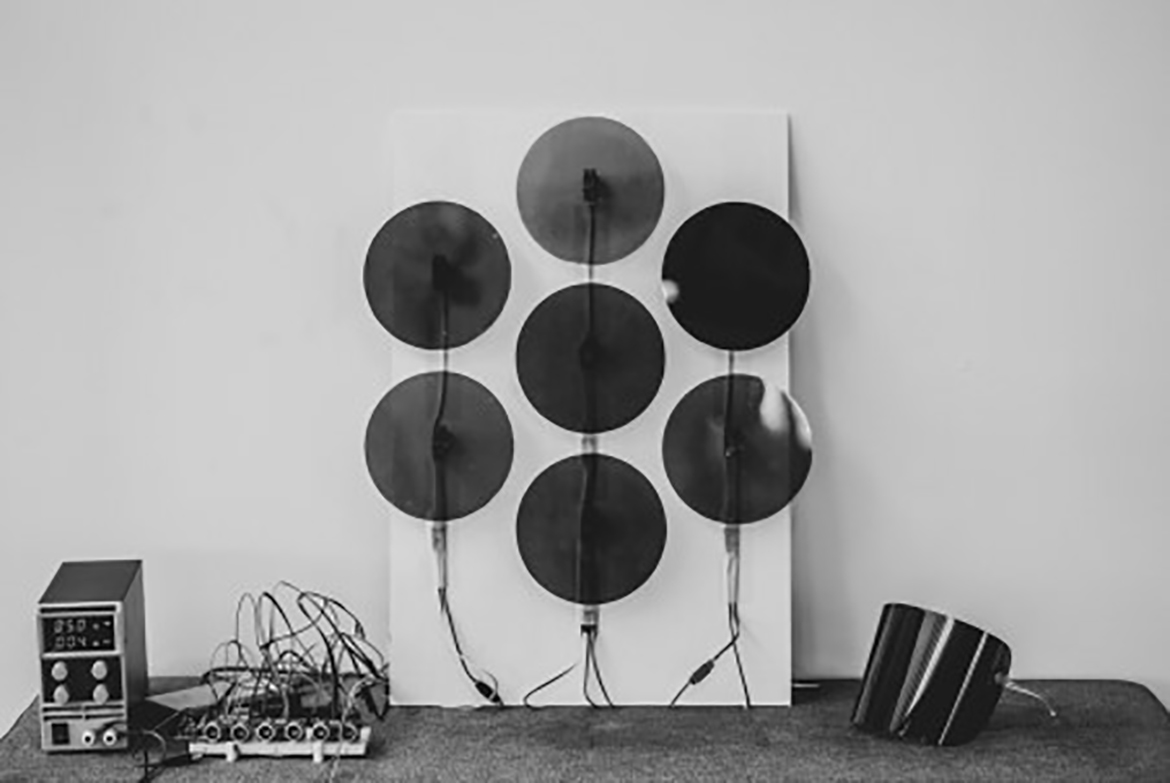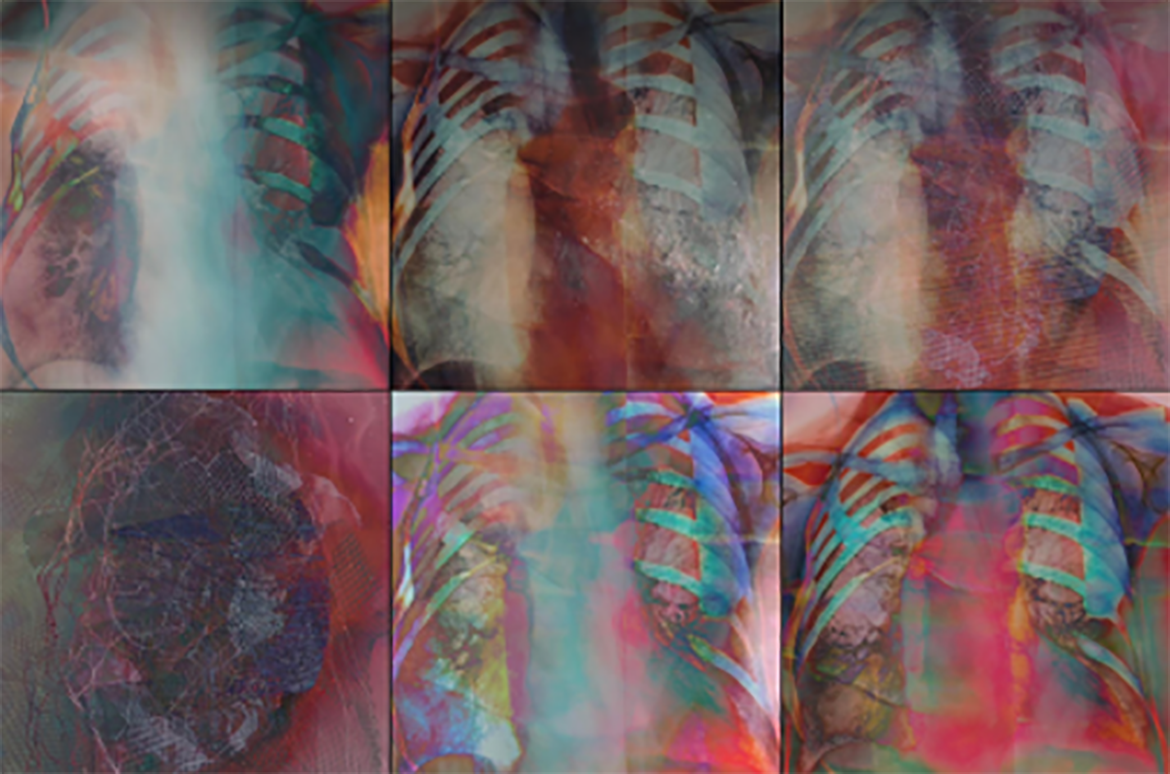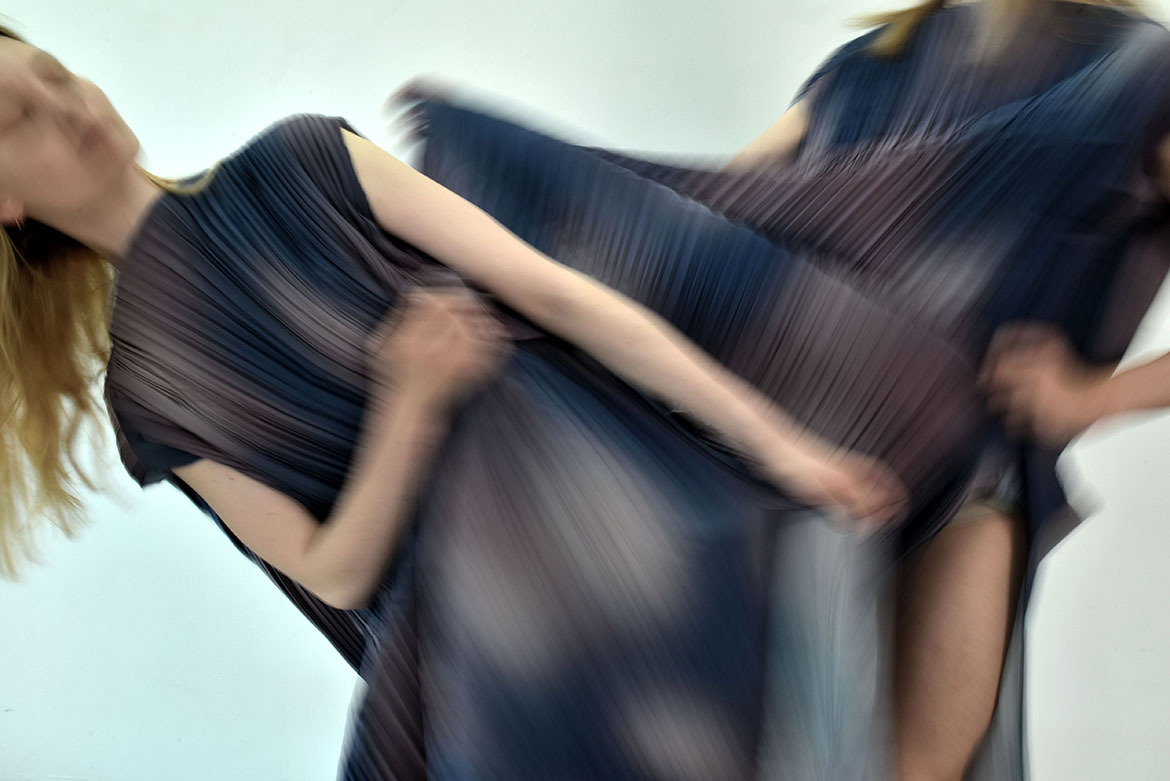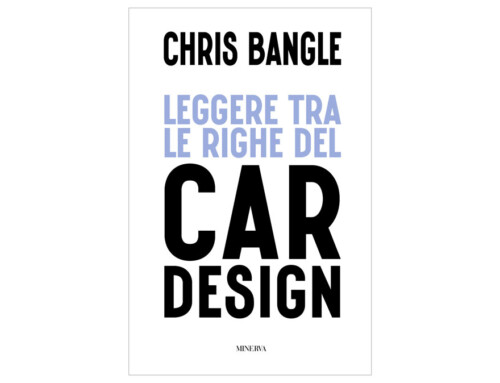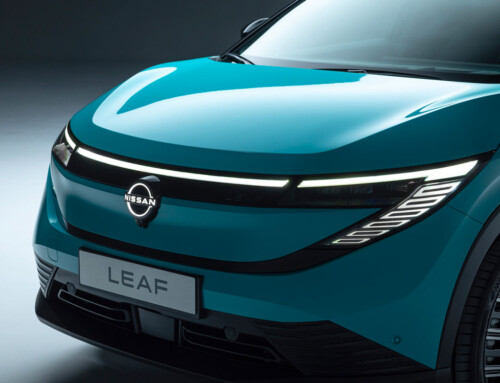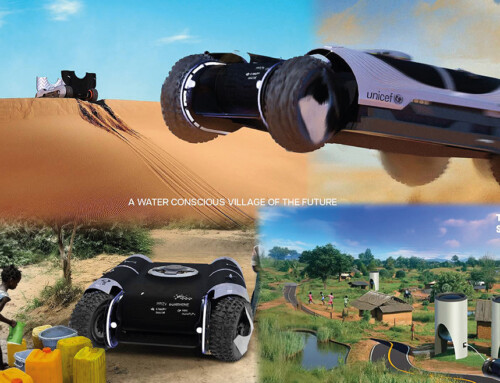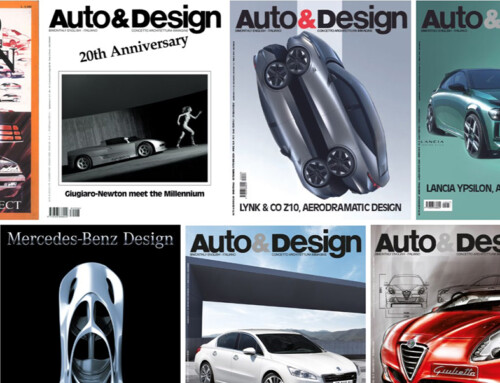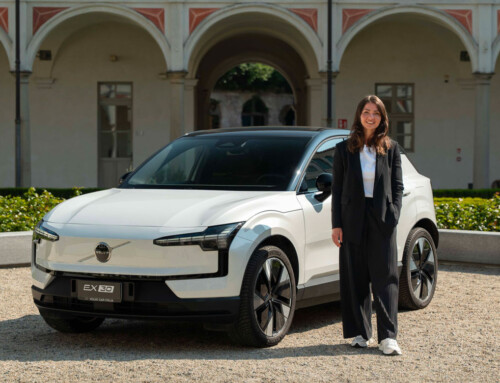From 30 June to 3 July, students from the Royal College of Art (RCA) present RCA2023, a series of exhibitions and events at the Battersea and Kensington campuses and online on the RCA2023 digital platform. Bringing together work from the RCA’s four schools – Architecture, Arts and Humanities, Communication and Design, as well as the Intelligent Mobility Design Centre – the school will showcase the work of emerging young artists, designers, architects and creatives before they graduate. Overall, the exhibitions and events propose design solutions and artistic responses to the problems that plague society and the planet today, with five common themes linking all the works: Timelessness, Togetherness, Consciousness, Things and Interactivity.
Timelessness is a prevalent theme throughout RCA2023, with students considering the past, present and future, as well as the passage of time. In ‘Wish you were here’, Ken Nwadiogbu (MA Painting) draws on personal experience to explore the ephemerality of memory, using a palette reminiscent of thermal imagery, making subjects pulsate with energy. Juliet Ferguson-Rose (MA Ceramics & Glass) uses the language of clay and its hidden layers to reveal the human need to create, preserve and remember, while Parade of Pause, a group project by MA Curating Contemporary Art students, is a parade that weaves together field recordings and live improvisations with objects, born out of the aim to homogenise the rhythm to a collectively shared slow pace, in deliberate contrast to the rapid speed of consumer culture and the pace that overwhelms London as a city.
Thinginess, a focus on material reality, is expressed in a myriad of student projects, including ‘Dissolving Lines’ by Adi Avidani (MA Ceramics & Glass), an investigation into the morphology of a split cube, exploring the interplay between softness and hardness, dynamism and stasis. “Saltscapes”, a furniture series by Julia Brière (MA Design Products) examines salt as an alternative building material as global warming increases the abundance of salt and reduces its cost. Ella Adiki Nartey (MA Interior Design) aims to promote circular design through ‘Waste Not’, a zero-waste restaurant that incorporates biomaterials derived from food waste, while materiality is a key component of the work of Euan Evans (MA Print), who has created a series of objects that reflect the ideas of the artist’s home in Cornwall and the artefacts his parents collected and excavated from past communities in the area.
Consciousness is at the centre of numerous projects at RCA2023, with different manifestations. Valerie Bernardini (MA Ceramics & Glass) creates sculptural pieces in porcelain and glass as a method of transposing emotions, evoking movement and sensations through complex organic forms and experimental glazes, while Amelia Peng (MA Textiles) presents a sample of ‘Music-Mind-Textile’, a collaborative project that integrates interactive music and soft-system textiles to explore inner peace, and which was exhibited at this year’s London Design Biennale. Évelin Maier (MA Contemporary Art Practice) embraces the forensic research of MRI scans to explore her experience of astrocytoma brain tumour surgery and its after-effects. Meanwhile, Hannah Waterman’s (MA Visual Communication) challenging and emotive publication ‘Failing Teenagers’ seeks to bridge the knowledge gap between NHS statistics and the lives of unheard children, humanising the headlines behind England’s teenage mental health crisis.
Interactiveness foregrounds the generosity that exists between creator and audience, bringing together works that explore interaction, participation and installation. Jack Lee (MA Design Products) explores the profound environmental impact of individuals through ‘The Dots’, an interactive installation of polarised panels, ingeniously designed to create hypnotic visual effects through physical manipulation. Rosie Plunkett (MA Photography) focuses on the sensory and tactile ways of interacting with a landscape in Perfidious Albion, exploring embodiment, action and tactility using chalk as the primary medium, while Tamir Aharoni (MA Animation) satirizes contemporary corporate culture in The Onboarding, an absurdist, interactive installation that throws participants into their first day of work within a cult-like work space.
The concept of Togetherness is also explored in the students’ projects through interactions, relationships, community, connections, experiences, social and power dynamics. Linnéa Duckworth (MA Textiles) uses movement in her textile installation to convey the joy of connection between our bodies and the earth, while Tongxin Shen and Tong Shen (MA Service Design) focus on the severe decadence of the nightclub industry, which leads to the loss of social cohesion, to explore new innovative experiences of clubbing, breaking down mental barriers for non-clubbers.

